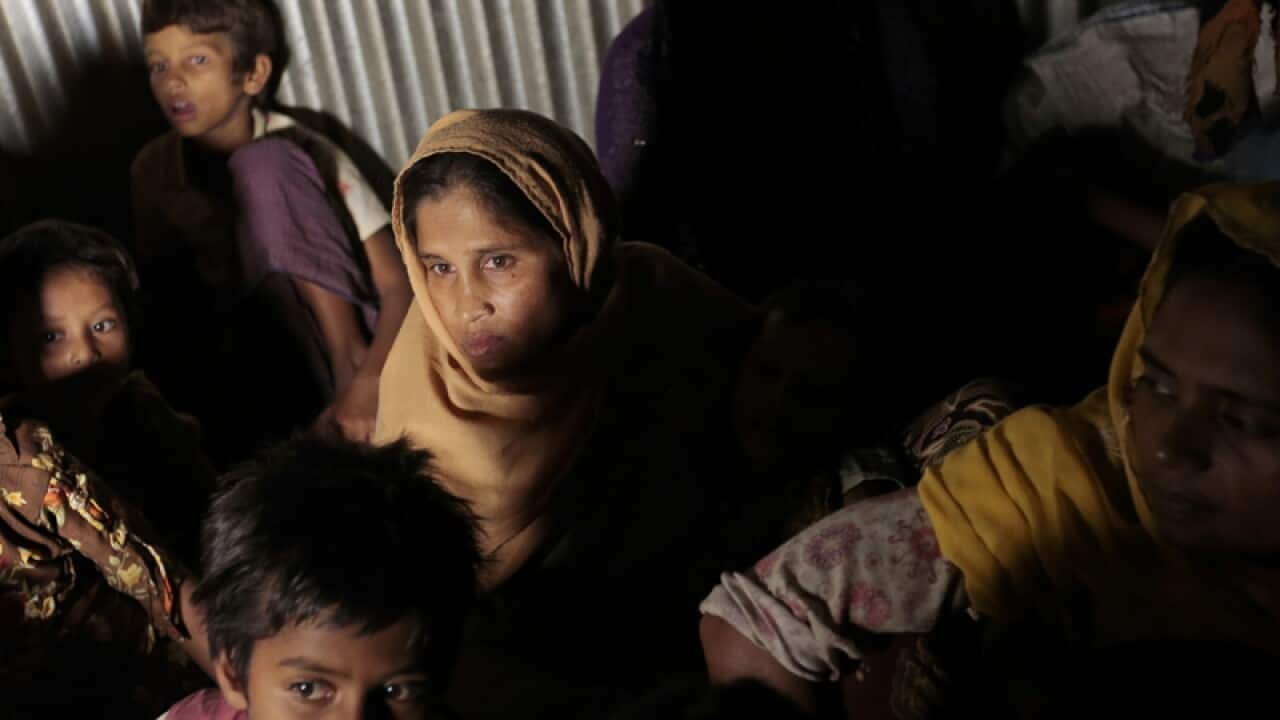Former UN chief Kofi Annan is urging Myanmar security forces to act within the rule of law in the country's northwest, where an army crackdown has killed at least 86 people and sent 10,000 fleeing over the border to Bangladesh.
The violence is the biggest challenge faced by Aung San Suu Kyi's eight-month-old government and has prompted calls for the Nobel Peace laureate to do more to help the Rohingya minority, who are denied citizenship and access to basic services.
Security operations must not compromise citizens' civil rights, said Annan, who heads a government-appointed panel tasked with finding solutions to the conflict between Myanmar's Buddhists and the Muslim Rohingyas.
"There is no trade-off between security and civil liberties," he told reporters in Yangon, the commercial capital, after meeting state counsellor Suu Kyi and commander-in-chief Min Aung Hlaing on his second visit to the country.
"Wherever security operations might be necessary, civilians must be protected at all times and I urge the security services to act in full compliance with the rule of law."
The committee was "deeply concerned by reports of alleged human rights abuses", Annan said.
Myanmar authorities have rejected allegations by residents and rights groups that soldiers raped Rohingya women, burnt homes and killed civilians during a crackdown in response to coordinated attacks on three border posts along the frontier with Bangladesh.
Suu Kyi appointed the nine-member panel before the current fighting erupted to advise on the restive state, where ethnic Rakhine Buddhists and the Rohingya Muslims have lived separately since clashes in 2012 that killed more than 100 people.
Protesters across Southeast Asia have turned out for demonstrations against the violence, particularly in Indonesia and Malaysia, which have predominantly Muslim populations.

